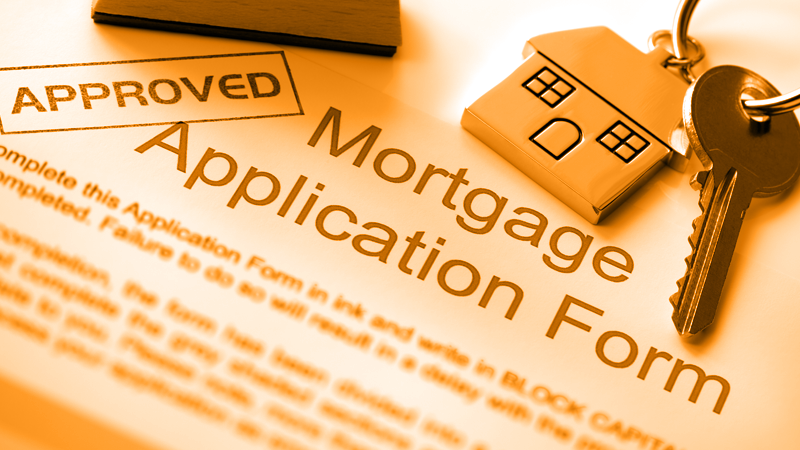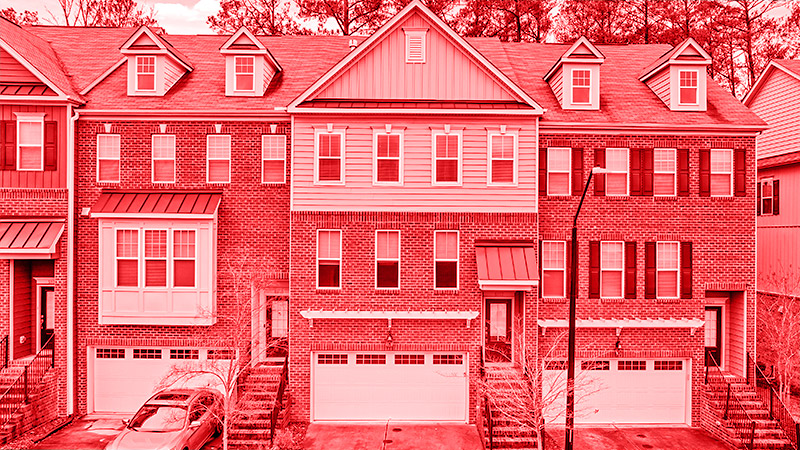A rise in the interest rate causes financial knock-on effects in several areas, including mortgages, borrowing, pensions and savings.
Lowering interest rates means cheaper borrowing; rising rates mean borrowing gets more expensive.
The Bank of England recently raised the bank rate from 0.25 to 1% for the UK.
As a result, we could experience an increased cost when loaning money.
What Is An Interest Rate Rise?
The interest rate at which banks borrow from the Bank of England is determined by the Monetary Policy Committee (MPC) within the Bank of England.
The Bank of England has been increasing interest rates to prevent the inflation rate from continuing to grow to critically high levels.
When the Bank of England’s MPC votes to raise the Base Rate, banks, in turn, raise their interest rates to maintain profits.
When borrowing costs increase, people spend less, dampening economic growth and slowing inflation.
So, when we hear that interest rates have gone up, it means the MPC has decided to increase the base rate.
What Does Rising Interest Rates Mean For Me?
The impact rising rates have on you depends on your personal financial situation, such as how much you owe and how much you have in savings.
Rising interest rates generally mean savers earn more interest, and borrowers pay more on financial products such as loans, mortgages and credit cards.
Will Rising Interest Rates Affect Mortgages?
Whether or not rising interest rates will affect your mortgage repayments depends on the type of mortgage you have and when your deal terminates.
For example, if you are on a standard variable rate mortgage, you will most likely see an increase in your rate.
However, situations may vary as each lender decides how much to increase.
To be sure, go through the mortgage terms and conditions in your mortgage paperwork.
If you have a fixed rate mortgage, you’re signed up for a fixed pay rate for a fixed period.
As a result, your interest rate won’t go up until your fixed term ends. However, rising interest rates always make remortgaging more expensive.
Your repayments will be immediately impacted if you have a tracker mortgage, also called a variable mortgage.
These mortgages track the base rate, so whenever the Bank of England rate rises or falls, the mortgage payments will do the same.
Have A Financial Plan In Place
With looming interest rate changes, it’s a smart idea to have a robust financial plan in place.
A 0.25% rate rise might not sound like a huge difference, but when we calculate things out, there’s much more interest to pay each month and throughout the mortgage.
Take a look at the table to see how much more you’d pay on a £200,000 mortgage if interest rates rise from the current 1%. The monthly repayments are set to £897.
| – | 1% | 2% | 3% | 4% | 5% |
| Monthly Payment | £1,001.25 | £1,111.66 | £1,228.17 | £1,350.41 | £1,477.98 |
| Monthly Increase | £104.02 | £110.41 | £116.51 | £121.83 | £127.57 |
Steps To Manage An Interest Rate Rise On Your Mortgage
Check Out What Mortgage You’re On
First things first! Find out what mortgage deal you are on and the interest rate you are paying.
This is important because how the interest rise will affect you depends on the type of mortgage you’re on and when your deal ends.
If you aren’t sure, go through your mortgage paperwork or call your mortgage provider to help find out.
Calculate How The Interest Rate Rise Will Affect You
Once you know the deal you’re on, you can now find out how and when the rise might affect you.
The MoneySavingExpert Calculator is a great tool that helps work out the numbers.
Look For Ways To Cut Spending
If your mortgage costs are likely to go up, it’s a great time to look at the family budget and identify ways to save money.
Then, you can use the money you save to start building a buffer so you’ll be able to afford your mortgage.
Get Help
If you’re worried about how to afford the mortgage, you can get the advice and peace of mind you need by consulting a financial expert.
A financial adviser can help you budget, assess your income, and guide you with your financial planning to keep you from running into roadblocks.
Work On Building Your Credit Score
If you have a less-than-good credit score, now is a great time to improve it, as it will help you get a better deal when you remortgage.
So, use a credit score check to find out where you can improve your score, clear out any debts, and avoid taking out any more credit in the coming months.
Shop Around For The Best Deal
Whenever your deal ends, it is a smart idea to shop around to find the best deal on the market.
So, if your current mortgage deal is coming to an end, you should check whether any better rates are available.
You might encounter early repayment fees, but if you can find a better deal, they might be totally worth it.
Overpay On Your Mortgage
If interest rates are prone to increase in the future, making additional payments towards your mortgage now can be a great idea.
It might be some time until the rate increase comes into play, so cut back on personal expenses to take advantage of the current rate and pay a bit extra.
Check out your mortgage provider to ensure that you can overpay and if there are any charges.
How Will Rising Interest Rates Impact Borrowers?
Non-mortgage loans, secured or unsecured, can be affected by an increase in interest rate.
For example, your credit card lender might increase their interest rates and pass this on to you; however, you will be notified first and given some time before the interest rate hits your pockets.
Already Borrowing?
In general, unsecured loans are agreed to at a fixed interest rate.
Are you on a fixed deal? If so, the amount of interest during the fixed rate term will remain the same regardless of whether interest rates rise.
However, there is a possibility for the rate on your credit card or overdraft to rise. In that case, you will receive notice beforehand.
Are You Planning To Borrow?
Borrowing after an interest rate rise means more expensive borrowing.
So, if you are looking to borrow and have found a good deal, it’s better to hurry as the best deals tend to disappear quickly if there is a hint that rates will rise.
How Will Rising Interest Rates Impact Savings?
To the saver, rising interest rates can be good news! If interest rates on savings accounts move up, savers will benefit by earning more money.
Banks often compete to offer the best interest rates, so if your provider isn’t passing on a rate increase, it might be time to shop around to find the best deal.
How Will Rising Interest Rates Impact Pensions?
Rising interest rates might mean growth in your pension pot. As many pension funds are invested in bonds, the value of bonds could increase when interest rates rise.
Higher interest rates are also good news for those looking to take out an annuity, an insurance that offers you a set income after you retire.
Since annuity rates are linked to returns from gilts, higher interest rates could mean rising gilt yields and annuity rates.
















